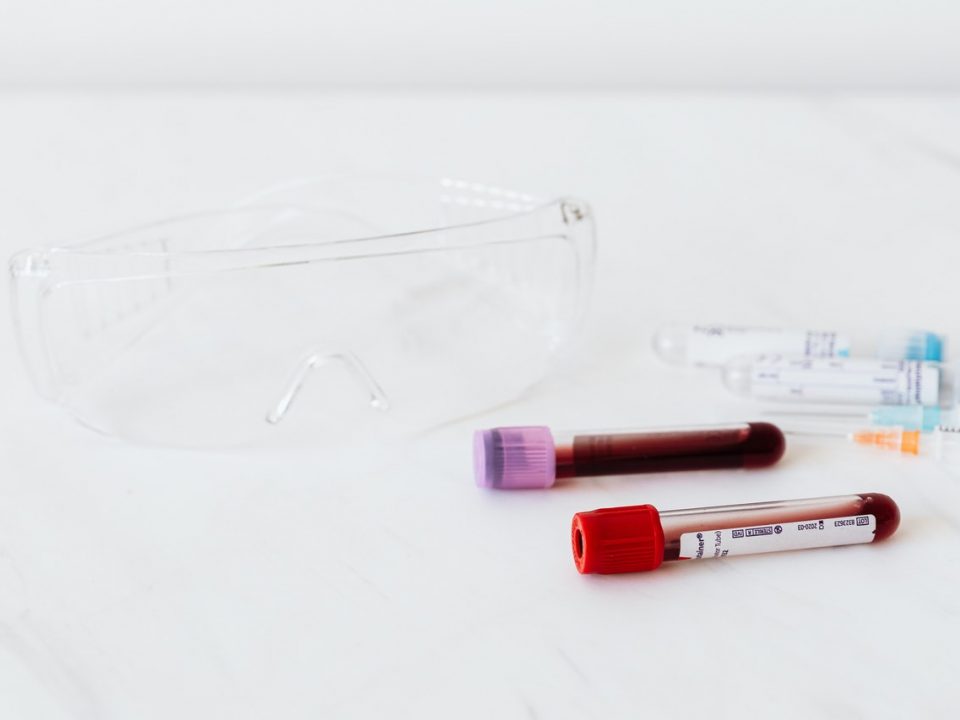Warnings Over Dermaroller Treatment
The Bee’s Knees: Active Chilean Rainforest Honey helps you look a decade younger?
Skin experts claim that uneven skin tones can age your face as much as fine lines and wrinkles so it is no surprise that many people are concerned about freckles and marks on their face.
According to research by beauty brand Clinique, 43 per cent of women in the UK are concerned about pigmentation.
The term ‘hyperpigmentation’ covers a number of things including small areas of pigmentation such as freckles, sun spots and liver spots, through to much larger areas of darkened skin.
There are a number of causes to hyperpigmentation – the sun is probably the best known cause but there are other reasons for skin pigmentation. Melasma, which tends to be larger areas of pigmentation, can be brought on by oestrogen fluctuations – particularly when women experience the menopause, pregnancy or even from the contraceptive pill.
Hyperpigmentation can also be caused by damage to the skin – this is called ‘post-inflammatory hyperpigmentation.’ If you injure your skin – be it through a graze, burn or cut – when you go out into the sun the new skin area may turn a darker shade. This is because the trauma triggers melanin production in the skin.
The problem with pigmentation on the face is that it can be difficult to conceal well. Blotchy skin doesn’t reflect light as well and this makes the skin look dull. This means that pigmentation can age the face just as much as wrinkles and fine lines.
So what can you do to minimise the look of pigmentation? Laser treatments are the most effective and have come a long way in the last few years with treatments tending to be less painful than in the past.
Using lasers to treat skin pigmentation usually involves a hand laser being glided over the problem areas where tiny holes are made in the skin. These tiny holes then heal creating a fresh new layer of skin.
Some patients may find that this sort of treatment may cause post-inflammatory pigmentation. To counter this, red light lasers can be run over the skin to help get rid of the pigment cells.
It is imperative for patients looking to get rid of their skin pigmentation that they realise that lasers can leave the skin vulnerable to UV damage – and this in turn can exacerbate pigmentation. For anyone who has had laser treatment, it is important that a protective cream with a high SPF in it is used daily to ensure the skin is protected at all times.






1 Comment
I would like someone to contact me back with the name and number of a licensed physician or doctor who can treat dark marks in the hartford or bloomfield areas of ct.